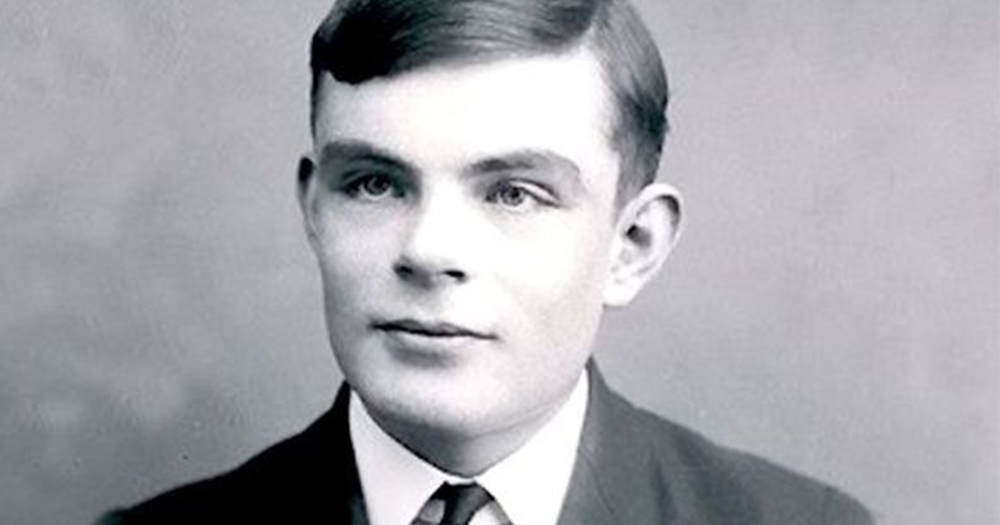The New York Times has released an obituary for Alan Turing 65 years after his death. Turing’s obituary is part of the New York Times’s ‘Overlooked’ series which pays tribute posthumously to people who made a significant contribution to modern history but were never eulogised in the paper.
Turing was one of the most influential code breakers of WWII. Part of the team who cracked the enigma code, the intelligence gained from his work enabled the D-Day landings and hastened the end of the war.
https://twitter.com/kateconger/status/1136328773186383872
The Times declared him as ‘[…] one of the most innovative and powerful thinkers of the 20th century.’ However, Turing died a criminal. He was convicted as a homosexual and forced to endure chemical castration. Turing’s work on the enigma code, ending the war and contributions that would lead to the creation of artificial intelligence would not become known until the 70’s when his achievements become declassified. Turing died without the world knowing the contributions that now make him known as the father of modern computing.
According to a coroners report, Turing died by suicide, with a cyanide-laced, half-eaten apple found beside his bed. However, some of his close friends and family, including his mother, Ethel Turing disputed this, arguing that he poisoned himself accidentally. Many believe that Apple Inc. paid homage to Turing with their logo, however, this is a myth. Stephen Fry, on the panel show QI in 2011, said that he had the opportunity to ask Steve Jobs if it was true that Turing inspired the iconic logo, Jobs replied: “God, we wish it were.”
Although Britain took its first steps towards decriminalising homosexuality in 1967, Turing did not receive an apology from the UK government until 2009. “We’re sorry — you deserved so much better,” said the then Prime Minister, Gordon Brown. “Alan and the many thousands of other gay men who were convicted, as he was, under homophobic laws were treated terribly.” Queen Elizabeth II issued Turing a royal pardon in 2013.
Earlier this year Turing was named the greatest and most influential person of all time on BBC Two’s programme Icons: The Greatest Person of the 20th Century. He also features as part of GCN’s #Queerstory series, celebrating LGBT+ icons.
And… Alan Turing has been voted the greatest and most influential figure of the 20th Century! ? #Icons pic.twitter.com/nV4qF7tkO4
— BBC (@BBC) February 5, 2019
For Pride month the New York Times series ‘Overlooked’ will feature LGBT+ people exclusively. Marsha P. Johnson and Ida B. Wells are among those who have been eulogised so far.
© 2019 GCN (Gay Community News). All rights reserved.
Support GCN
GCN is a free, vital resource for Ireland’s LGBTQ+ community since 1988.
GCN is a trading name of National LGBT Federation CLG, a registered charity - Charity Number: 20034580.
GCN relies on the generous support of the community and allies to sustain the crucial work that we do. Producing GCN is costly, and, in an industry which has been hugely impacted by rising costs, we need your support to help sustain and grow this vital resource.
Supporting GCN for as little as €1.99 per month will help us continue our work as Ireland’s free, independent LGBTQ+ media.

comments. Please sign in to comment.